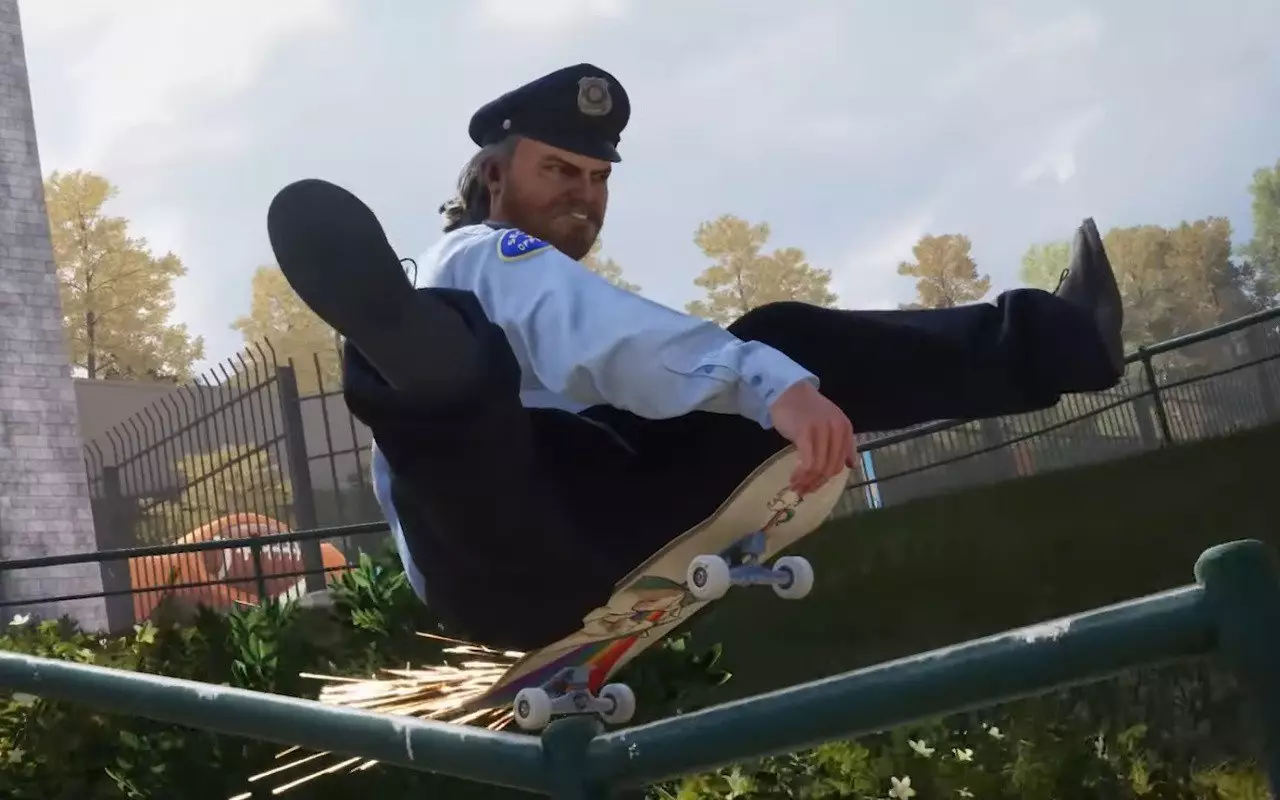The release of Tony Hawk’s Pro Skater 3 and 4 on multiple platforms marks a nostalgic return to beloved skateboarding franchises, yet it simultaneously ignites a philosophical debate about how much change these classics should undergo. Central to this evolution is the soundtrack—a cornerstone element that defined the series’ cultural impact. The decision to introduce new music and alter previous song selections is both a strategic move and a nod to modernization. While it aims to broaden musical horizons for players, it risks alienating fans who cherish the original soundtracks as part of the gaming experience’s soul. The core question emerges: should remasters and remakes prioritize fidelity to the original, or evolve to reflect contemporary tastes? In my opinion, authentic nostalgia should serve as a foundation, but adaptability and fresh inputs are vital for keeping the franchise relevant in today’s diverse music landscape.
The Rationale Behind the Musical Reboot
Tony Hawk’s approach to soundtrack curation reveals a nuanced philosophy: foster discovery and diversify musical exposure. In interviews, Hawk emphasizes the importance of introducing players to new bands and genres, framing it as a way to sustain the series’ relevance and cultural engagement. This perspective champions a progressive approach—championing variety over repetition, aiming to refresh the series with each iteration. The exclusion of iconic tracks like Alien Ant Farm’s “Wish” highlights a strategic decision rooted in this vision. Hawk defends such choices by stressing that they are not personal but driven by a desire to spotlight emerging artists. This risk-reward calculus, however, is contentious. It underscores a blurred line between honoring tradition and innovating for the sake of musical diversity—raising questions about whether fans can or should trust in such artistic decisions.
The Complexity of Fan Expectations and Artistic Control
The collaborative nature of soundtrack decisions underscores the complexities of artistic control within large game development teams. While Hawk admits he tries to influence the tracklist, he’s quick to acknowledge that he’s not a sole decision-maker. This shared responsibility introduces varied opinions, which can sometimes lead to disappointment among fans craving the original soundscape. Moreover, the choice to feature newer artists like Chloe Covell and Rayssa indicates a deliberate effort to inclusively represent a global and contemporary skating culture, but it may overlook the emotional resonance that certain classic songs hold for dedicated fans. Such choices reveal a subtle tension: balancing the desire to keep the series fresh and relevant, while respecting the nostalgic nostalgia that established its peak popularity. Ultimately, modifying these soundtracks symbolizes a broader shift—from a curated iconic playlist to a dynamic, evolving musical collection—yet the risk lies in eroding the emotional connection fans have with the originals.
The Cultural Significance of Soundtracks in Gaming History
Soundtracks do more than complement gameplay; they are integral to the cultural identity of iconic franchises. For the Tony Hawk series, the soundtrack was a defining trait, cementing its place in both gaming and skateboarding communities. The inclusion of punk, metal, and alternative tracks created an energy that transcended gameplay, influencing a generation’s musical tastes. Altering or removing these tracks can feel like a betrayal of a shared cultural artifact. It forces fans to confront whether the new choices serve the same emotional and energetic purpose or merely represent superficial updates. In this sense, modern soundtrack decisions risk turning a once-groundbreaking playlist into a sanitized, commercialized version lacking authentic voice. While the intention to spotlight new music is commendable, it may inadvertently diminish the series’ cultural footprint if the heart of its original soundtrack is lost.
Striking the Balance: Innovation and Respect
Ultimately, the challenge lies in finding harmony between innovation and respect for tradition. Modern gamers are diverse, and their tastes evolve rapidly. While introducing new acts broadens the series’ reach and fosters discovery, it should not come at the expense of what made the original soundtrack so memorable. A thoughtful middle ground could involve offering customizable soundtracks—allowing players to toggle between original and new tracks—so that fans can experience both worlds. This approach respects tradition while embracing evolution, recognizing that nostalgia and modernity are not mutually exclusive. As developers craft remasters or remakes, prioritizing transparency and engaging with fans about decision-making processes could foster greater trust and acceptance. Ultimately, the legacy of Tony Hawk’s series depends not just on its gameplay but on its ability to adapt thoughtfully to cultural shifts without sacrificing the emotional core that made it legendary.

